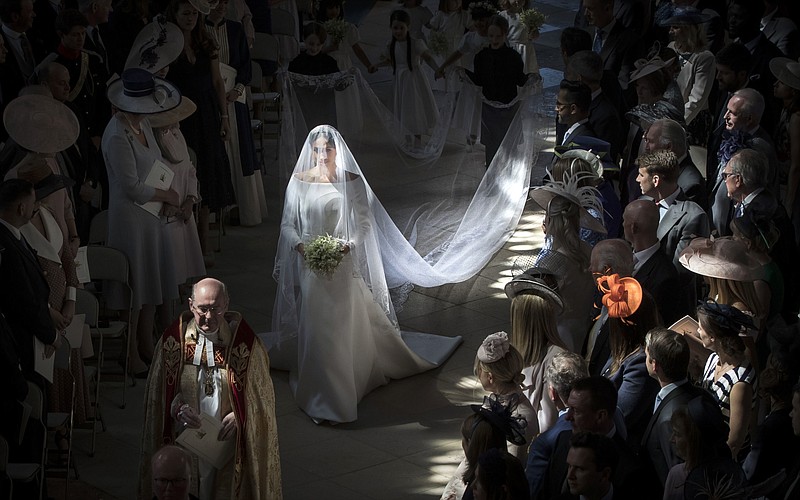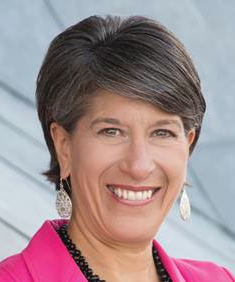More than 29 million Americans tuned in on May 19 to watch the royal wedding of Prince Harry and his American bride, Meghan Markle. People attended watch parties, complete with tea and scones, and took in every wedding detail. Viewers blew up social media with comments about everything from Camilla's hat and the twin boys who carried Meghan's train to the rendition of "Stand by Me" and the response to Episcopal Bishop Michael Curry's sermon - all of which were fairly harmless.
Then something else happened. People started sharing their opinions about Meghan's dress ("I think I would have done one more fitting"), makeup ("She could have used a little help with her wedding day makeup") and other wedding-day choices. It's interesting that now more than ever, our culture encourages young girls to be their best selves, and yet judgment prevails. So the directive is: "Be you, but prepare to be judged."
Really? It sounds like young girls are getting mixed messages.
The bishop's message was about love - love God and love others as you would love yourself, yet it seems many are bent on cutting each other down. It's almost like it's become a favorite pastime or sport.
Markle comes across as a very strong and confident woman, but that does not mean she doesn't fight insecurities of her own. On one of the most meaningful days of her life that really was about what she and her husband-to-be wanted, people felt compelled to give their approval or disapproval. Hopefully, Markle doesn't care what anybody else thought. What about young girls or women for that matter whose self-confidence is much more fragile? Some brides would be devastated. It's just plain hurtful.
There must be a lesson for all of us in this. Do we really want girls to be themselves, unafraid to express their individuality? If the answer is yes, we may need to consider a few things.
Perhaps it would be helpful to teach girls how to have a thick skin and remind them that just because somebody says something doesn't necessarily mean it's true. Also, they need to know who the truth tellers are in their life. That way, they can discern if what is being said is accurate and deserves their attention or if it is something they need to let roll off their shoulders.
Most women know how it feels to be cut down, and it doesn't feel good. Women are often experts at being hypercritical of themselves anyway, and when others pile on the judgment, it complicates life even more. Perhaps the most important lesson we can teach our girls is to be careful about judging others. Everybody has a story, and it is uniquely their own to write.
Julie Baumgardner is president and CEO of family advocacy nonprofit First Things First. Contact her at julieb@firstthings.org.

